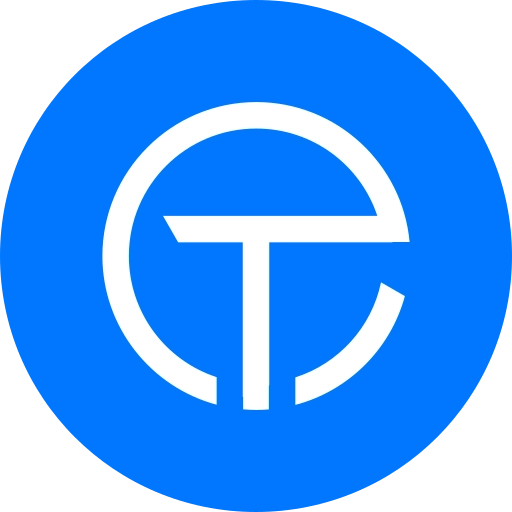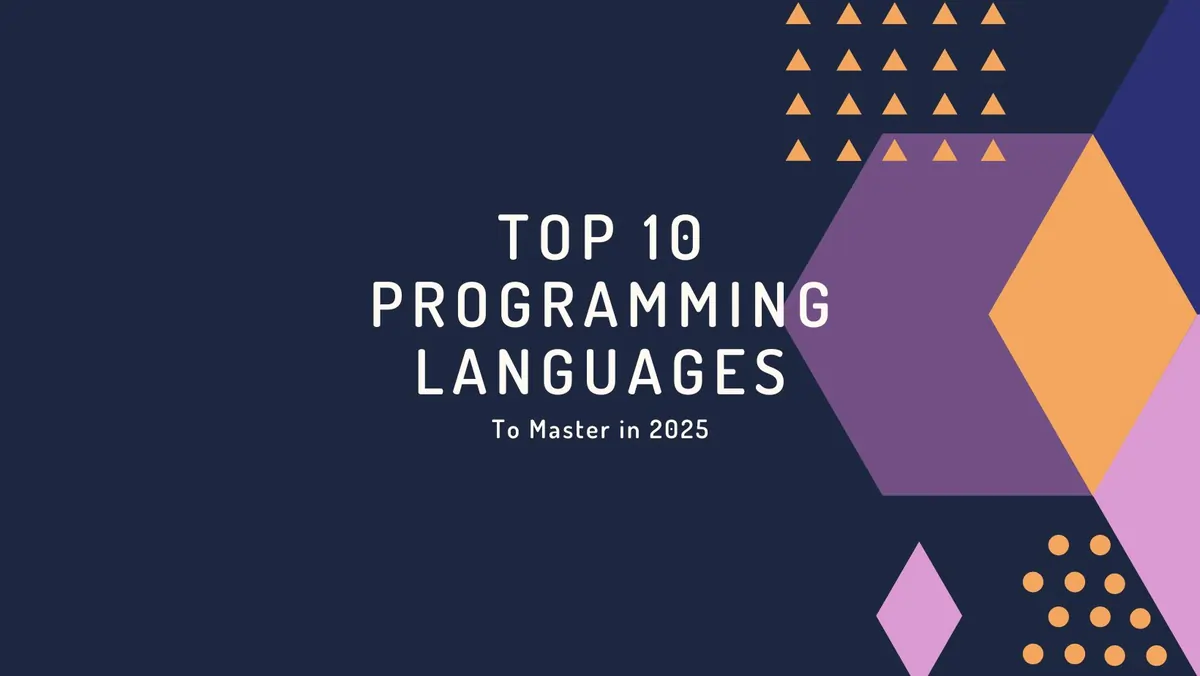Introduction
In the rapidly evolving tech landscape, choosing the right programming language can significantly affect the success of your projects and career. According to the 2024 Stack Overflow Developer Survey, a staggering 72% of developers emphasize the importance of keeping up with the latest programming languages for career advancement. Job boards like Indeed and Glassdoor have also reported a surge in job postings requiring proficiency in modern programming languages. This comprehensive guide highlights the top 10 programming languages for 2025 based on popularity, job demand, versatility, community support, and future trends.
Ranking Methodology of Programming Languages For 2025
Explanation of the Criteria Used for Ranking
Popularity: Measured using data from Stack Overflow Developer Survey and GitHub repositories.
Job Demand: Analyzed through job boards and industry reports.
Versatility: Ability to perform in various domains like web development, mobile development, and data science.
Community Support: Availability of resources, active forums, and tutorials.
Future Trends: Predictions based on emerging technologies and industry shifts.
Top 10 Programming Languages for 2025
1. Python
Core Features and Usages
Features: Simple syntax, rich standard library, frameworks like Django and Flask.
Applications: Web development, data analysis, AI, scientific computing.
Job Market Demand and Salary Trends
Demand: High in AI and data science fields.
Salary: Average $120,000 in the US.
Future Opportunities
Prospects: Strong growth in AI, automation, and IoT applications.
2. JavaScript
Core Features and Use Cases
Features: Asynchronous programming, backbone of web development.
Applications: Front-end and back-end development with Node.js.
Job Market Demand and Salary Trends
Demand: Essential for frontend and full-stack developers.
Salary: Around $110,000 per year in the US.
Future Prospects
Prospects: Serverless architecture and PWAs to drive demand.
3. Java
Core Features and Applications
Features: Object-oriented, robust security features.
Applications: Enterprise applications, Android development.
Job Market Demand and Salary Trends
Demand: High in enterprise sectors.
Salary: Average $105,000 in the US.
Future Prospects
Prospects: Continued relevance in large-scale applications with support from Oracle.
4. C++
Core Features and Applications
Features: Low-level memory manipulation, high performance.
Applications: Game development, system programming.
Job Market Demand and Salary Trends
Demand: Strong in game development and simulations.
Salary: Around $115,000 in the US.
Future Prospects
Prospects: Dominance in high-performance computing and robotics.
5. C#
Core Features and Applications
Features: Object-oriented, integrated with .NET framework.
Applications: Desktop apps, web services, game development.
Job Market Demand and Salary Trends
Demand: High demand in enterprise software.
Salary: Average $100,000 in the US.
Future Prospects
Prospects: Growth in cloud-based applications with Azure.
6. Go (Golang)
Core Features and Applications
Features: Simplicity, concurrency support.
Applications: Cloud services, microservices.
Job Market Demand and Salary Trends
Demand: Rising with cloud computing.
Salary: Around $120,000 in the US.
Future Prospects
Prospects: Increasing use in containerization and serverless computing.
7. Rust
Core Features and Applications
Features: Memory safety, concurrency support.
Applications: System programming, WebAssembly.
Job Market Demand and Salary Trends
Demand: Growing for performance-critical applications.
Salary: Around $115,000 in the US.
Future Prospects
Prospects: Adoption in blockchain development and WebAssembly.
8. TypeScript
Core Features and Applications
Features: Statically typed superset of JavaScript.
Applications: Large web applications, server-side development.
Job Market Demand and Salary Trends
Demand: High for scalable web projects.
Salary: Around $110,000 in the US.
Future Prospects
Prospects: Growth in enterprise web applications.
9. Swift
Core Features and Applications
Features: Safety and performance for iOS/macOS development.
Applications: Mobile apps for iOS/macOS.
Job Market Demand and Salary Trends
Demand: High for iOS development.
Salary: Around $115,000 in the US.
Future Prospects
Prospects: Continued support from Apple ensures longevity.
10. Kotlin
Core Features and Applications
Features: Java interoperability, concise syntax.
Applications: Android apps, server-side applications.
Job Market Demand and Salary Trends
Demand: High demand for Android development.
Salary: Around $105,000 in the US.
Future Prospects
Prospects: Growth in cross-platform projects with Kotlin Multiplatform.
Emerging Languages
Dart and Julia
Dart's rise with Flutter for cross-platform mobile development makes it an attractive choice. Julia is gaining traction in scientific computing due to its high performance.
Conclusion
Choosing the right programming language depends on your career goals and project needs. Whether you're a beginner or an experienced developer seeking to expand your skills, mastering these top languages will equip you to navigate the tech industry landscape in 2025. Stay ahead by embracing these languages that promise to shape the future of technology.





Comments